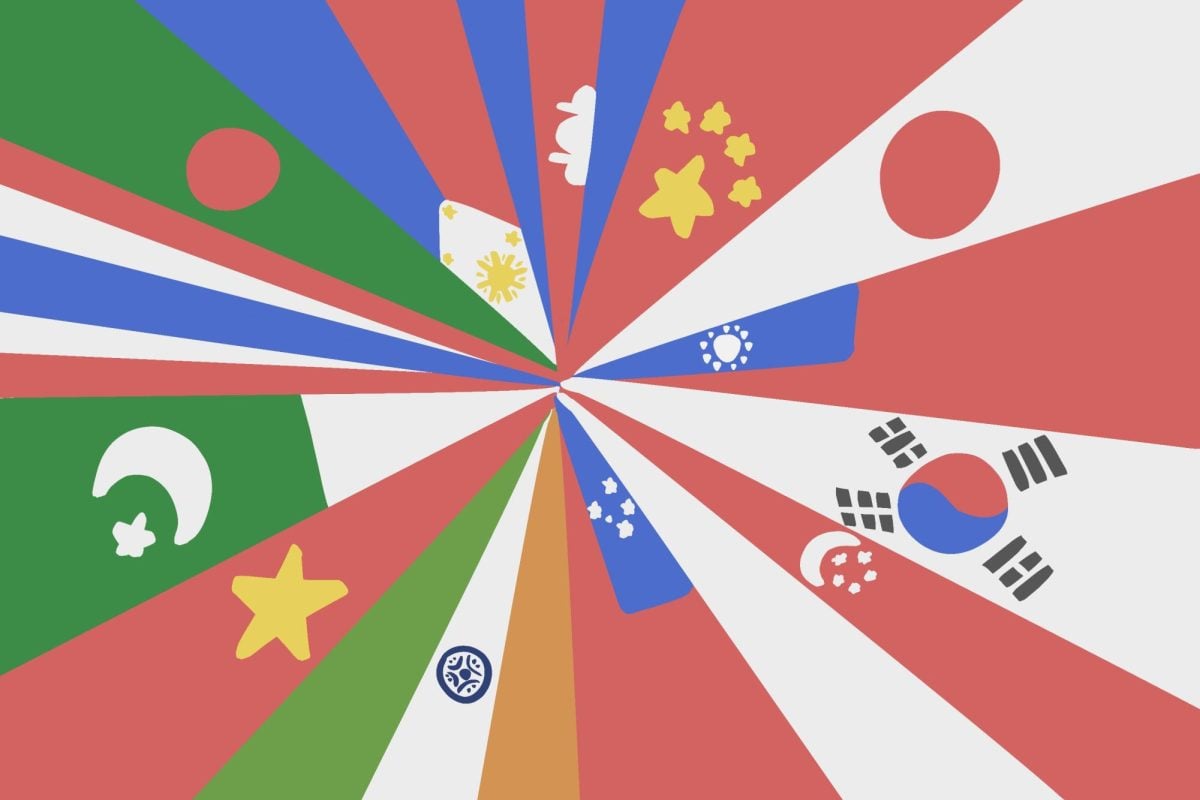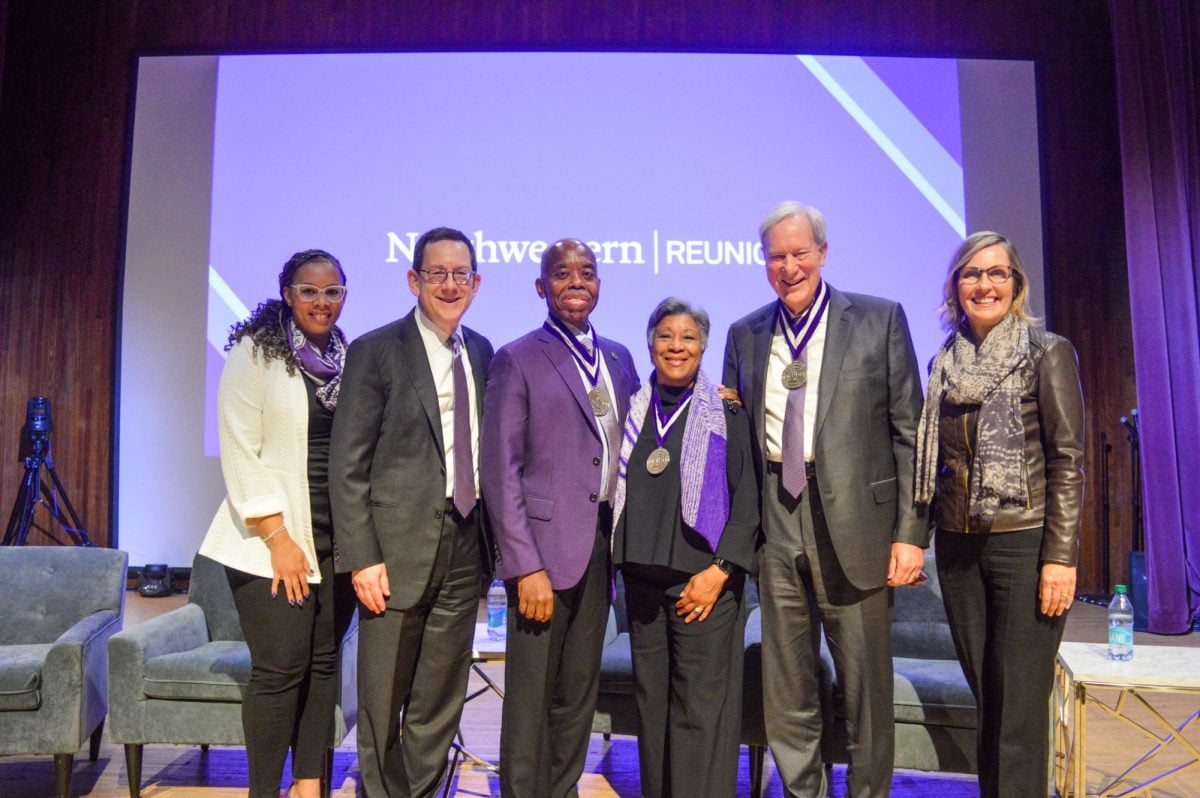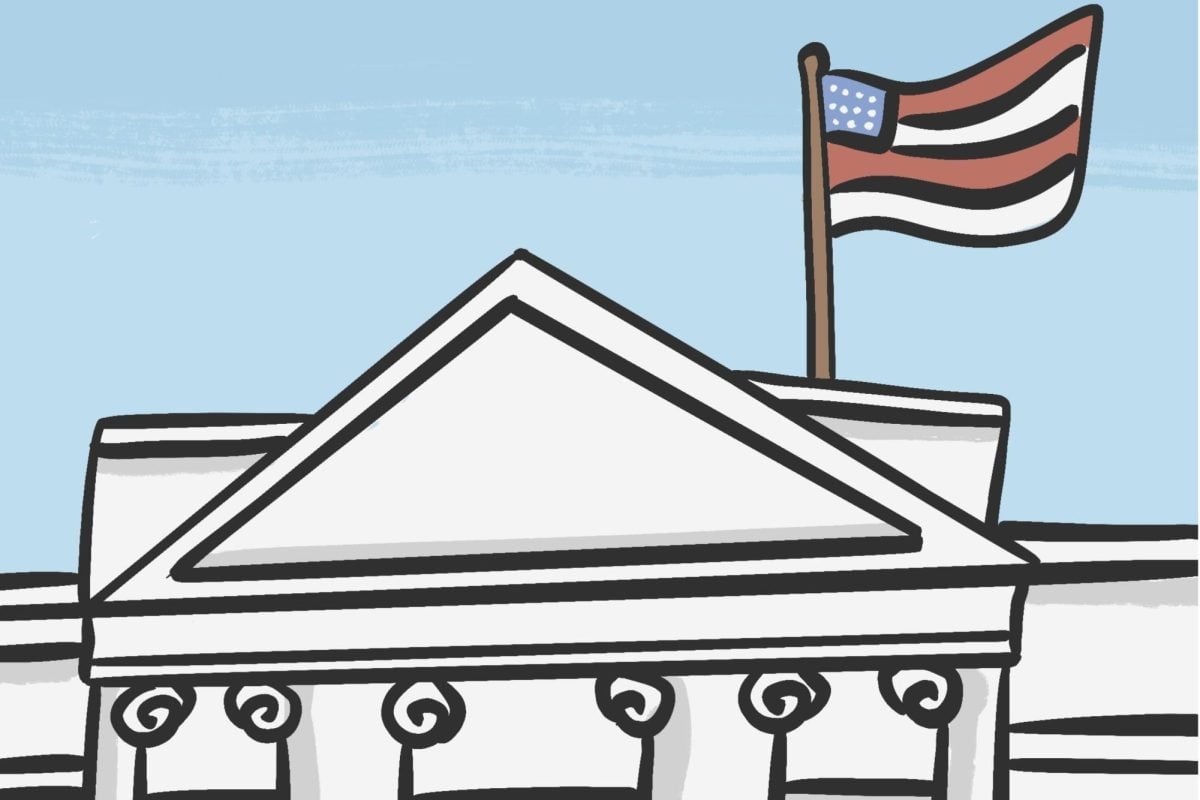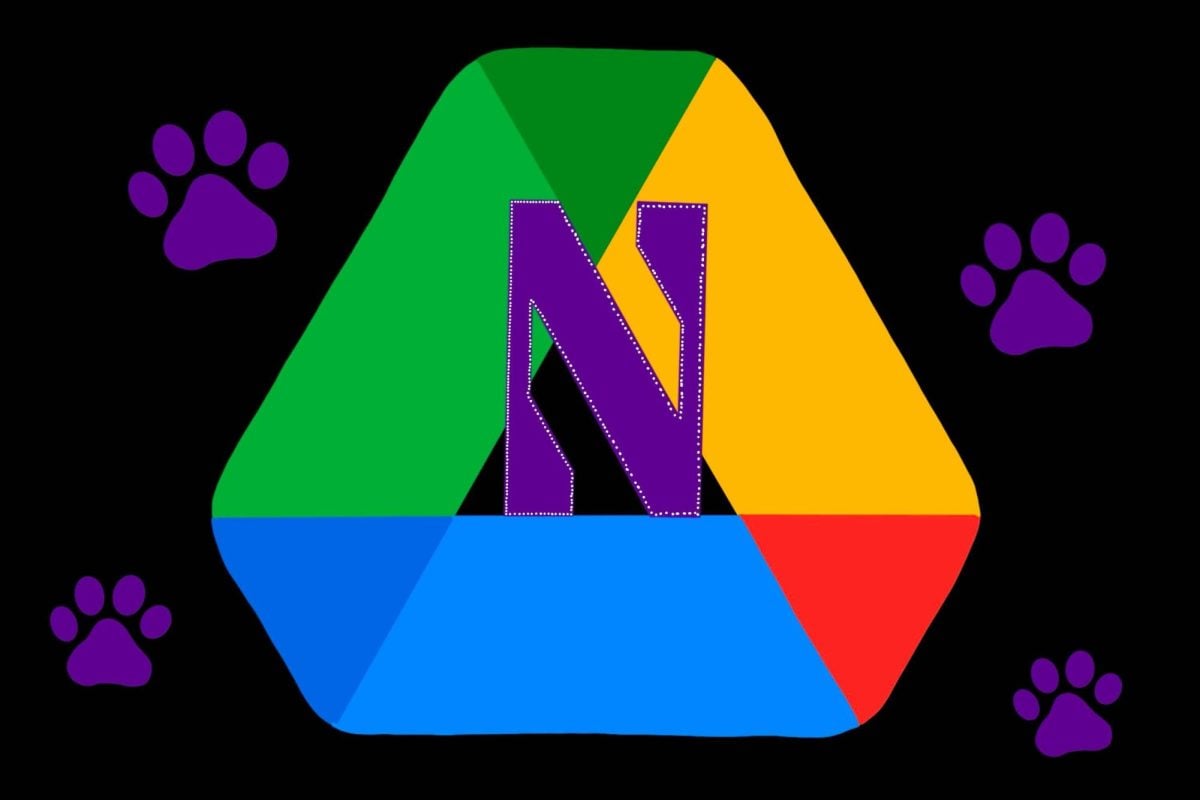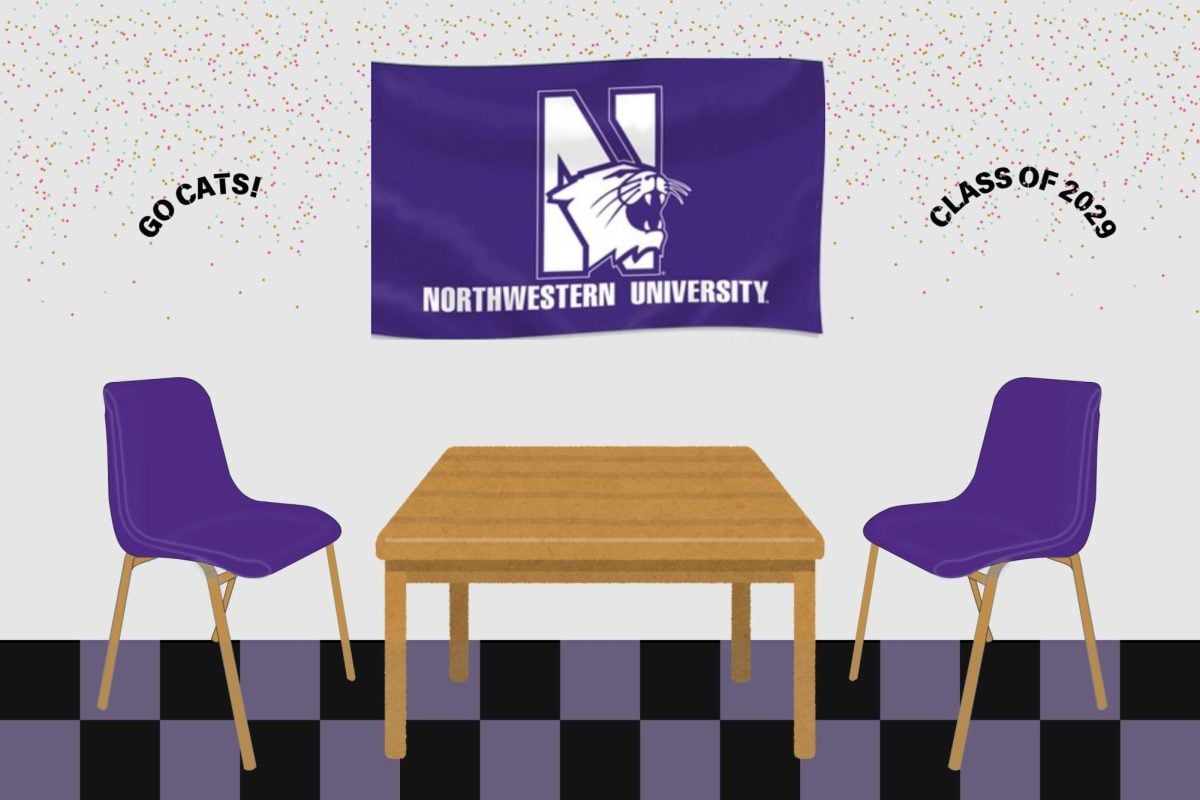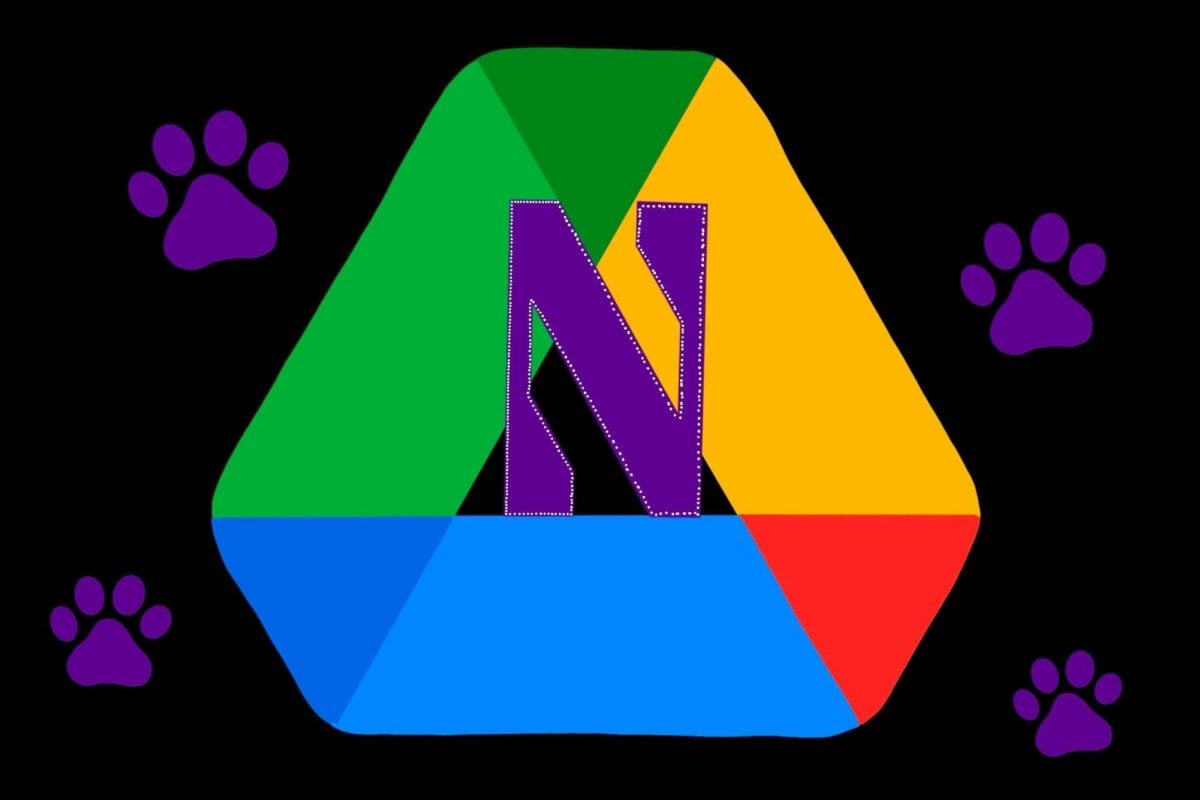Thursday night, about 25 Evanston residents and Northwestern students attended a presentation of early 20th century Valentine’s Day cards that highlight African American stereotypes.
Theater professor Harvey Young Jr. presented the lecture, titled “A Racist Love Note: Stereotypes and Caricatures on Early 20th Century Valentine’s Day Cards.” Young spoke at the Evanston Public Library, 1703 Orrington Ave.
“That long history of blackface performance, the generation of creating these cookie jars, all these things sort of come together to create this popular awareness of blackness,” Young said. “So when a person sends a card that looks like this, it actually aligns with the other proper images they are seeing in society.”
Young said when Valentine’s Day originally came to the United States, there was not an immediate mass production of cards or much media attention.
“In the U.S., Valentine’s Day is pretty much under the radar,” Young said. “It gets celebrated … but there’s not a commercial attachment to it.”
But after Massachusetts native Esther Howland started to mass-produce cards in 1848, newspaper advertising for Valentine’s Day soon increased with cards becoming a status symbol, Young said.
“What is a sign of love?” Young said. “A sign of love is when you give your special someone, you know, this sort of fancy card.”
Once Howland’s dozen hand-made card operation transformed into a multi-company “corporate commercial culture,” Young acknowledged concern of whether a card bought in a store was beneficial for the holiday.
At around the same time of Howland’s first cards, Young said African American depictions in culture – salt shakers, cookie jars and “Aunt Jemima representations” of black face – were “highly problematic.”
“It’s the circulation of these commodities,” Young said. “It’s the fact that they’re everywhere that makes you think that these are accurate, honest, authentic displays of blackness.”
Young said these cultural undertones are the necessary context to understanding early Valentine’s Day postcards, which often reused stereotypes of watermelon, chicken and broken English. One showing a man in a noose with the caption “I’ll be hanged if you is goin’ to say NO!” elicited some faint gasps from the audience. Lesley Williams, head of adult services for the Evanston Public Library, said it was “the hardest to take.”
While many maintain that such racial thoughts were limited to the south, Young said the low price of these postcards allowed the message to spread easily, showing one card sent from Nebraska to Vermont.
Evanston resident Marsha Fincher, who grew up in the southern United States, said she is not surprised these stereotypes existed, but said she “would love to understand the mindset behind it.”
“Was it supposed to be comical?” she asked.
The lecture was part of the Evanston Northwestern Humanities Lecture Series, a collaboration between the Alice Kaplan Institute for the Humanities and the Evanston Public Library.
